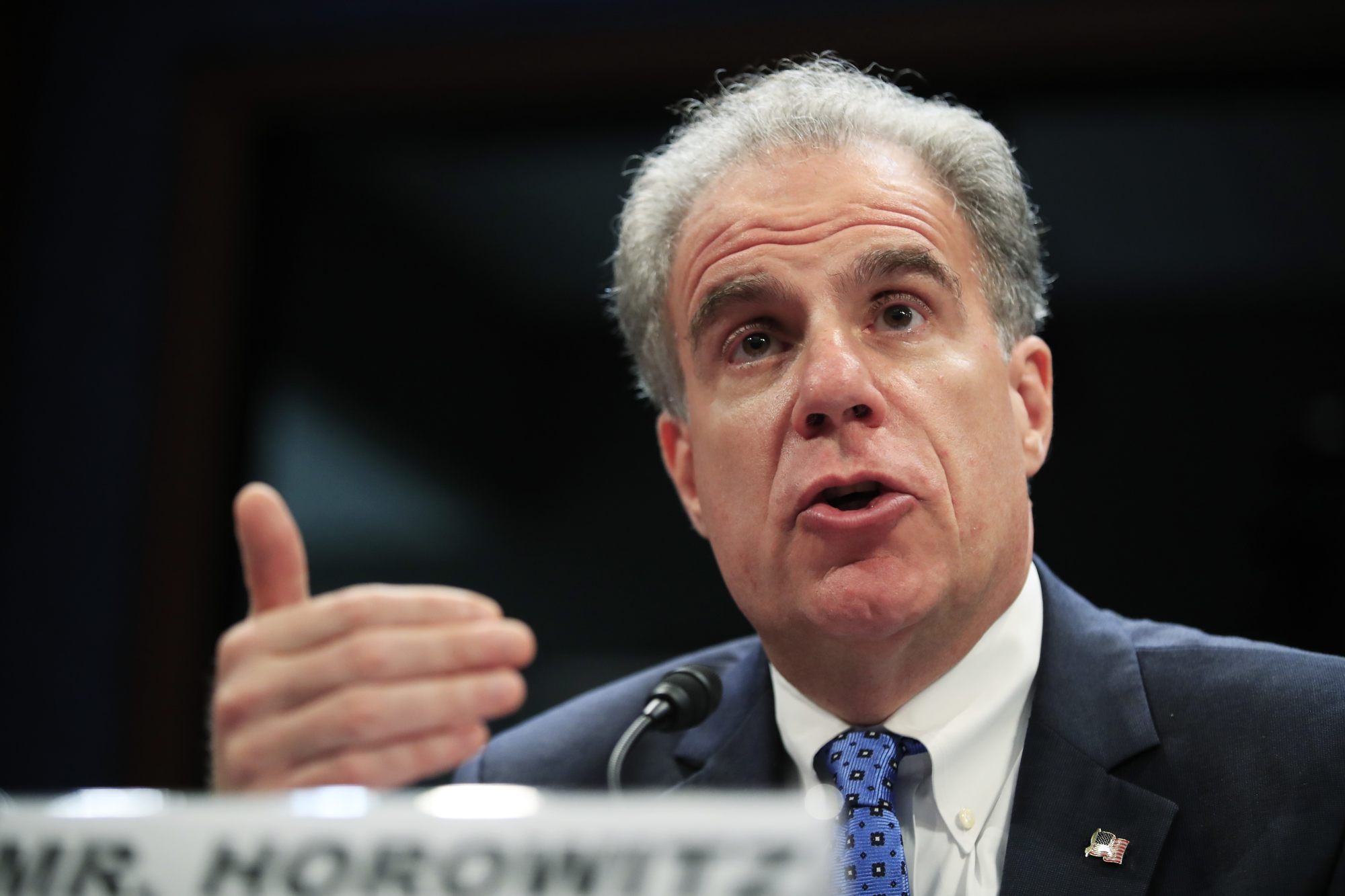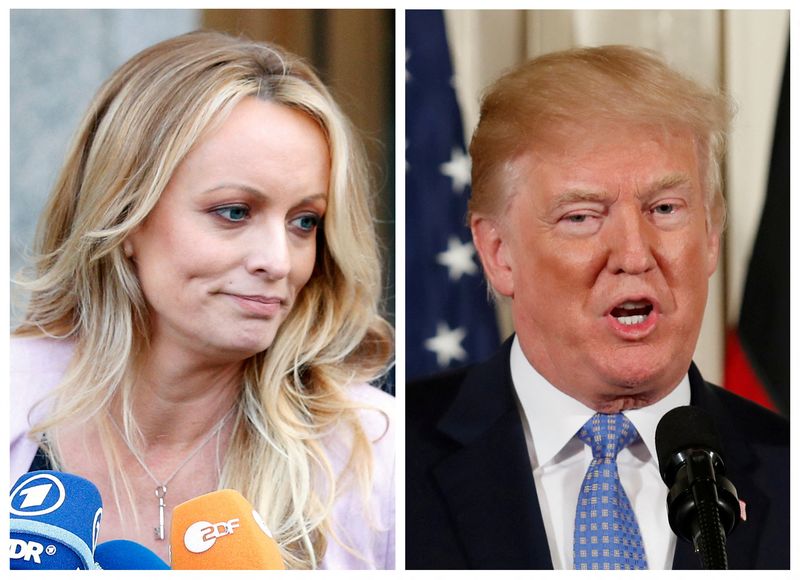
“We used to think about either you have precision, or you have mass … What we need in many instances is going to be precise mass,” explained Horowitz. “And so the Replicator Initiative is about a process as much as anything else.
“It’s about showing we can do hard things that we can develop, and especially accelerate the fielding of capabilities at speed and at scale.”
That has entailed creating an office, headed by Horowitz, combining previously separate responsibilities covering policy and budgets with those exploiting AI, biotechnology, directed energy and hypersonic weapons, among others.
The realignment “shows that we’re not just thinking about emerging capabilities off in the side as a niche area”, Horowitz said, instead bringing them “into the centre of how we think about planning for what the future of the military should look like”.
But streamlining the Defence Department is a herculean task. As with many militaries around the globe, inertia, turf battles and infighting can halt innovation, no matter how compelling the need may be.
China to persist with AI development in 2024 despite US chip curbs: UBS
China to persist with AI development in 2024 despite US chip curbs: UBS
Some 27,000 military personnel and civilians work in the Pentagon, supporting 1.3 million active personnel and over 700,000 civilian employees worldwide.
“It’s always wonderful to actually see the [Pentagon’s] policy posture match its budget posture,” said Gregory Allen, a former Defence Department official now with the Washington-based Centre of Strategic and International Studies, where Horowitz spoke on Tuesday. “The disconnect between those two things can get super broken.”
Allen, who directs AI and advanced technologies at CSIS, described the Pentagon as a place where “many hands” worked on AI and autonomous weapons.
Horowitz – a former University of Pennsylvania professor and author of a 2010 book on how the US military can innovate more effectively – has been among those tapped to try and speed up the vast organisation’s ability to tackle America’s strategic priorities.

The Pentagon is improving in its AI adoption, he said, launching initiatives at each step, from investing in science and technology to introducing new weapons in the field to eliminating bureaucratic hurdles that can impede progress.
The inroads include forging closer relationships with private companies, identifying and accelerating the most important priorities and supporting rapid experimentation.
But top US officials have also made clear that developing autonomous weapons cannot come at the expense of safeguards that ensure humans stay engaged in crucial areas like nuclear weapons and that other potentially lethal systems are carefully vetted.
“A weapons system that isn’t safe, that isn’t predictable, doesn’t work,” Horowitz said. “There are evil ways to envision using autonomous weapons systems, but that’s true of all weapons systems.”
Harness AI to tell Chinese stories on ‘global stage’, party newspaper says
Harness AI to tell Chinese stories on ‘global stage’, party newspaper says
Washington has devised a political declaration on the responsible use of autonomous weapons that has been endorsed by 51 countries, and Horowitz voiced optimism that more would join the US’s bid to foster greater international cooperation in this area.
“Nobody wants systems that increase the risk of miscalculation or that behave in ways that you can’t predict,” Horowitz said. “We hope that all countries would sign on to the political declaration.”
Washington will work towards a potential plenary session in the first half of 2024 with those states that have endorsed the political declaration, he added. “And we hope that even more will come on board.”
Horowitz also highlighted the Defence Department’s commitment to cooperate with China on reducing the risk of an unintended clash.
“The more that we can talk and try to understand each other, the better,” he said. “And the Department of Defence has been very, very clear about that.”
Final Pentagon bill features Taiwan, Aukus and counters to China’s influence
Final Pentagon bill features Taiwan, Aukus and counters to China’s influence
The pact seeks to hasten the transfer of US nuclear submarine and other technologies. But it has seen cooperation run up against American export control regulations and Pentagon resistance despite the alliance comprising close Washington allies.
Political pressure by senior Australian officials as well as the three countries’ leaders has helped ease some of the logjams, although reluctance to change is often deep-seated.
“What I said in some discussions with my Australian colleagues was, ‘great, please complain’, because it’s actually kind of useful in fighting the internal bureaucratic battles,” said Allen, recalling his tenure at the Pentagon.
“We need to do right by our partners here and live up to our diplomatic commitments.”
EMEA Tribune is not involved in this news article, it is taken from our partners and or from the News Agencies. Copyright and Credit go to the News Agencies, email [email protected] Follow our WhatsApp verified Channel









